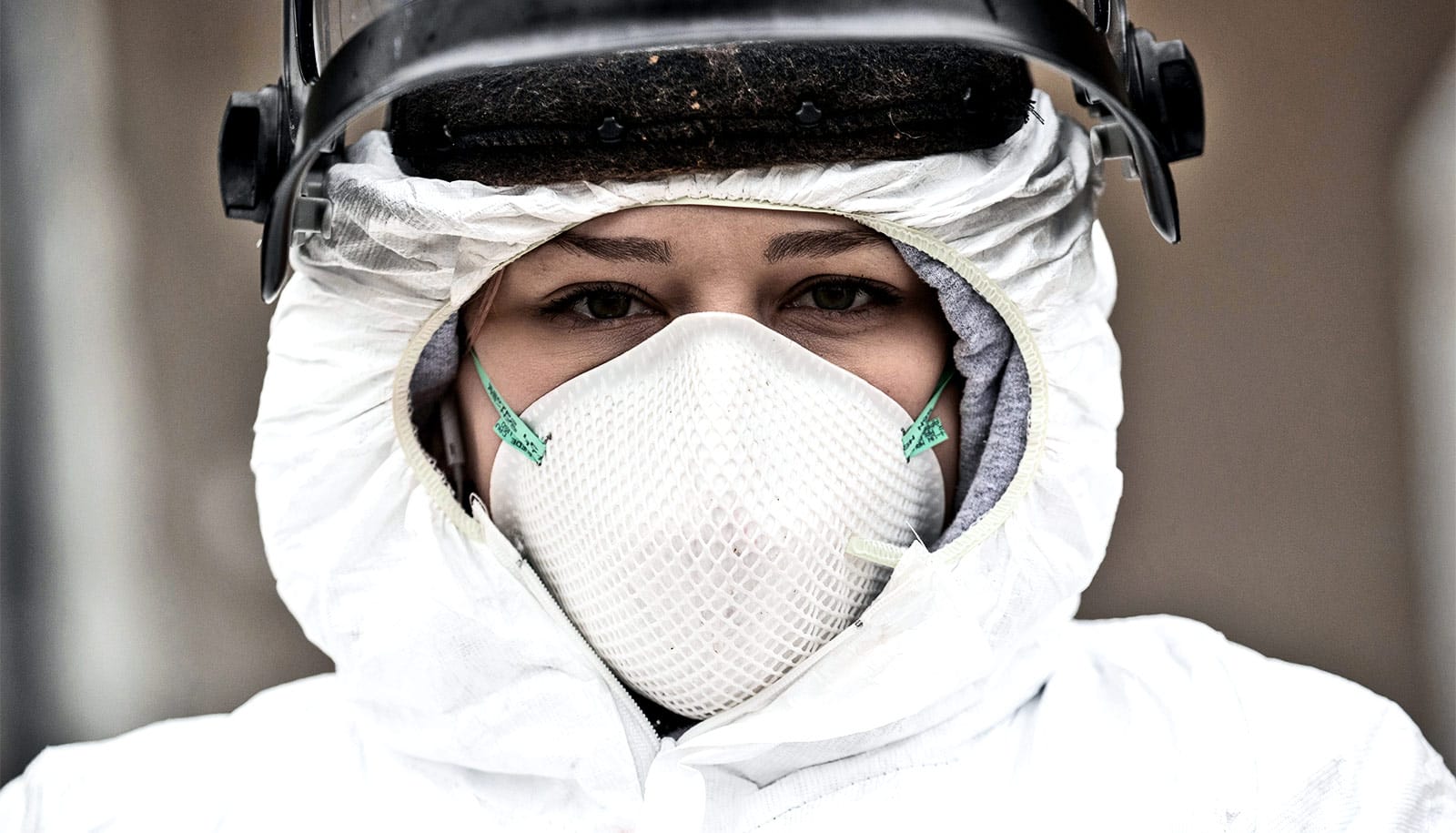Nurses exposed to high levels of noise are more likely to report hypertension, heart disease, depression, anxiety, stress, lower supportive work environments, and higher burnout, a new study shows.
Health care isn’t traditionally considered a “loud” occupation, so while many studies have examined the poor outcomes associated with hospitalized patients’ noise exposure, few look at health care workers’ noise exposure.
To learn more about the relationship between noise and nurses, researchers reviewed a study of more than 3,800 nurses who were asked about health and noise levels.
Listen to McCullagh explain the findings here:
“The findings were not surprising, given that relationships between health problems and high noise exposures are well-documented in the scientific literature,” says Marjorie McCullagh, professor at the University of Michigan School of Nursing.
It’s important to note that the original study did not distinguish between workplace and other noise, she says.
Several other interesting findings emerged:
- There was a significant positive relationship between noise exposure and neuromuscular/back problems.
- Compared to those who did not smoke indoors at home or work, nurses who reported smoking indoors at home were twice as likely to have high noise exposure and nurses who reported smoking indoors at work were four to five times as likely to have high noise exposure.
- There was a moderate relationship between noise exposure and professional quality of life, burnout, and work stress. This raises questions about whether the noise exposure contributes to the professional quality of life, burnout, and work stress, or whether perhaps nurses seek noise activities as a release from work-related stressors, McCullagh says.
Only 7% of respondents experienced high noise exposure, and most were younger nurses or in clinical practice. However, most of the nurses in the study worked in nonclinical roles and had higher levels of education so it’s unclear what that low number actually means.
All of us deal with workplace interruptions, but this is particularly true for health care workers, McCullagh says.
“The interruptions increase in frequency as the acuity of patients increases, and the competing demands are high when the number of patient needs and their urgency increase,” she says. “Although most of us learn to manage our interruptions at work, most of us don’t have to manage interruptions that involve the level of frequency and consequences that those in health care manage.
“There is a great need for these studies because health care workers are exposed to multiple noise sources, and these exposures may be associated with health care workers’ personal health as well as quality of care.”
The study appears in Workplace Health and Safety. Additional coauthors are from Purdue University, New York University, Ohio State University, and the University of Michigan.
Source: University of Michigan



